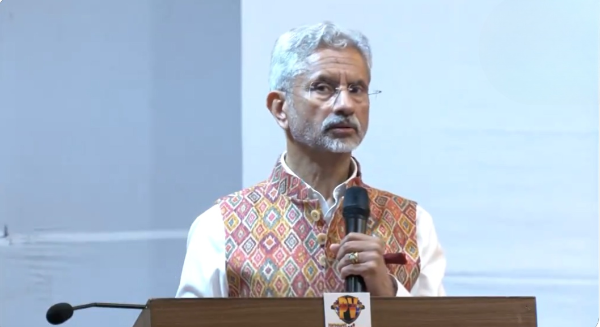Maharashtra, India – In a recent address, India’s External Affairs Minister, Dr. S Jaishankar, shed light on the country’s evolving stance on terrorism and its response to terror attacks.
Reflecting on the infamous 26/11 Mumbai attacks, Dr. Jaishankar candidly admitted, “When 26/11 happened, you all know what our response was or to be very frank, what our non-response was.” The incident, which shook the nation, was met with a response that many considered inadequate.
However, the Minister highlighted a significant shift in India’s approach in the subsequent years. He pointed out the stark contrast in the country’s response to the Uri and Balakot incidents. “Our response was very different in Uri and Balakot. And there was a reason because Uri was across the Line of Control and Balakot was across the international boundary,” he explained.
The message was clear – India would no longer remain passive in the face of terrorism, regardless of whether the threat was across the Line of Control or the international boundary. “If you come and do something here, you may be across the line of control, you may be across the international boundary – we will still come and get you there,” Dr. Jaishankar asserted.
The Minister also acknowledged that India had not done enough to make the world understand the gravity of terrorism. “We had not lobbied the world, we had not made the world understand what terrorism is,” he said.
However, by the time the Uri and Balakot incidents occurred in 2016, India had made significant strides in its efforts to delegitimize terrorism. “By the time from 2008, we had reached 2016 actually we did Uri and the world said the Indians did what the Indians had to do. We did Balakot – why was it that the world was understanding about Uri and Balakot, but the world was so tense, or I would say, indifferent onto 26/11 because a lot of people sympathized with us, but stopped there. And the reason is that we had not made that effort to delegitimize terrorism,” Dr. Jaishankar concluded.
The Minister’s remarks underscore India’s commitment to combating terrorism and its determination to hold perpetrators accountable, irrespective of geographical boundaries. This shift in stance marks a new chapter in India’s fight against terrorism, signaling a more proactive and assertive approach in the future.



